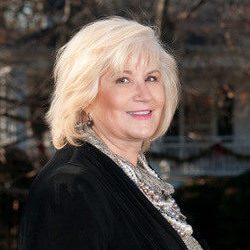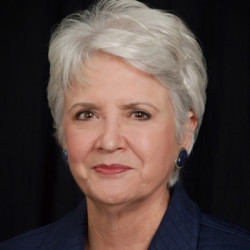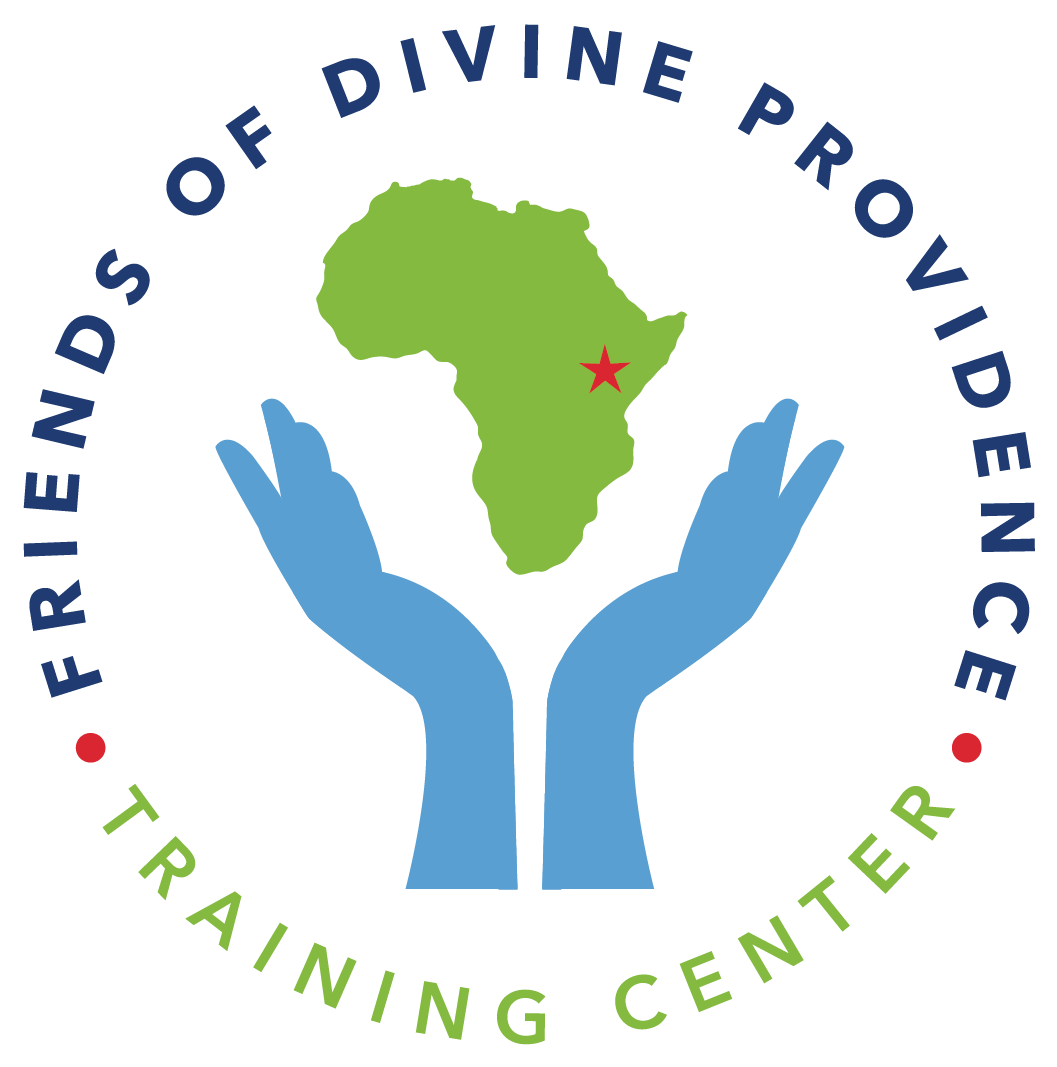

Vision, Mission, and Values
Vision: Transforming Kenyan Pastors for effective Kingdom Ministry
Mission: Training pastors in the Word of God and in the work of ministry focusing on those students with limited financial means and/or limited education
Values: Biblically based; Theological & Moral Integrity; Servant Leadership; Accountability, Kingdom Multiplication; Self-sustainability
Calling
Our calling is to equip Kenyan pastors so that they are diligent to present themselves approved unto God as workmen who do not need to be ashamed, handling accurately the word of truth (2 Tim 2:15) and entrusting to faithful men those things they have learned (2 Tim 2:2).
Ministry Model
- Two-year pastor-training with quarterly on-site two-week sessions with interim distance education, in-service assignments and follow-up visitation mentoring by school staff
- Incorporation of inductive study methods, preaching practicums, work-study program and exposure to holistic education in agriculture, basic health, micro-business, & technologies
- Community Outreach Program
- Self-supporting Training Center
When we began DPTC in 2008, we had already captured the vision and the passion of our Kenyan friends’ dream to build a training center for their pastors in Africa. Those pastors were full of zeal for God but they were desperately seeking biblical and pastoral training in the midst of poverty, lack of resources, and the intermixing of Christianity with the embedded African Traditional Religions. Our goal always was to help the two Kenyan pastors who first captured the dream to establish a seminary-like school plus some sort of business that would support the school, thus making the ministry self-supporting. The plan was to create a Kenyan ministry run by Kenyans and supported financially by the Kenyans. That always meant we Americans had an “exit” strategy as we were called to be enablers of the project, not owners. We believe this is the way missions work best, lest we inadvertently create dependency.
